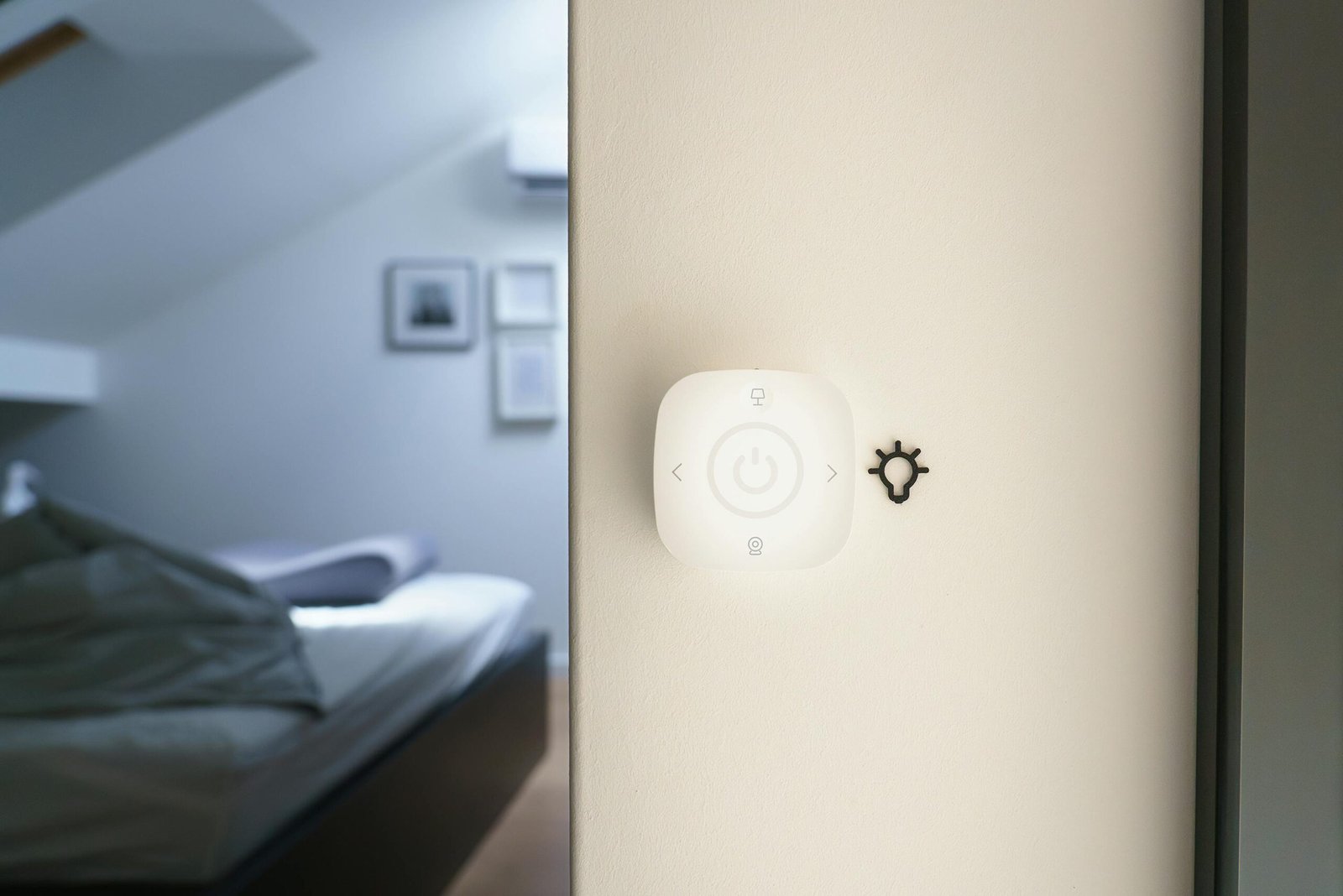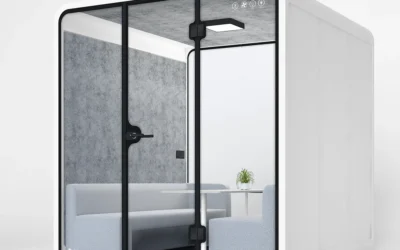The world of smart home devices can be overwhelming. Not only do you have to choose the gadgets themselves, but you also need to consider the communication protocol they use. Two popular options are Tuya and Zigbee. But which one is right for you? Let’s delve into the key differences between Tuya and Zigbee to help you make an informed decision.

Tuya A Cloud-Based Ecosystem
Tuya isn’t a single protocol, but rather a cloud-based platform used by many smart device manufacturers. The devices connect directly to your Wi-Fi network and communicate with the cloud for control and automation.
Pros of Tuya:
- Wide Variety of Devices: Tuya boasts a vast ecosystem of compatible devices, offering a wide range of options to choose from.
- Easy Setup: Connecting Tuya devices is generally straightforward, often requiring just their app and your Wi-Fi network.
- Cost-Effective: Tuya devices are often more affordable compared to Zigbee options due to their simpler technology.
Cons of Tuya:
- Reliance on Cloud: Tuya devices rely on the Tuya cloud for functionality. This means an internet connection is necessary for control and automation. An internet outage could disrupt your smart home.
- Potential Security Concerns: Data security can be a concern with cloud-based platforms. It’s crucial to choose reputable Tuya device manufacturers with strong security practices.
- Limited Local Control: While some Tuya devices offer local control features, these functionalities may be restricted compared to Zigbee.
Zigbee A Mesh Network for Local Control
Zigbee is a communication protocol specifically designed for smart home devices. The devices create a mesh network, where each device acts as a repeater, extending the signal range and improving overall reliability.
Pros of Zigbee:
- Local Control: Zigbee devices can function without an internet connection, allowing for local control and automation. Your smart home remains operational even during internet outages.
- Stronger Security: Zigbee offers robust security features, reducing the risk of hacking compared to cloud-based solutions.
- Reliable Connectivity: The mesh network structure of Zigbee provides greater reliability and wider range compared to Wi-Fi dependent devices.
Cons of Zigbee:
- Limited Device Selection: Compared to Tuya, Zigbee offers a smaller pool of compatible devices.
- Slightly Higher Cost: Zigbee devices tend to be more expensive than their Tuya counterparts due to the more complex technology.
- Hub Required: Most Zigbee devices require a separate hub to function, adding an extra layer of complexity to setup.
Which Protocol Should You Choose?
The ideal protocol depends on your priorities:
- Convenience and affordability: Choose Tuya if you prioritize a wide variety of devices, easy setup, and cost-effectiveness. However, be prepared for some reliance on the cloud and potential security concerns.
- Local control and security: Opt for Zigbee if local control during internet outages and robust security are your top concerns. Keep in mind that Zigbee might require a hub and comes with a slightly higher price tag and a smaller device selection.
The Future of Smart Home
The smart home industry is constantly evolving. Some manufacturers are already creating devices compatible with both Tuya and Zigbee, offering more flexibility. Ultimately, the best approach may be a hybrid one, utilizing both protocols based on your specific needs and preferences. As the technology matures, we can expect even more seamless integration and interoperability between different protocols, leading to a truly unified smart home experience.





